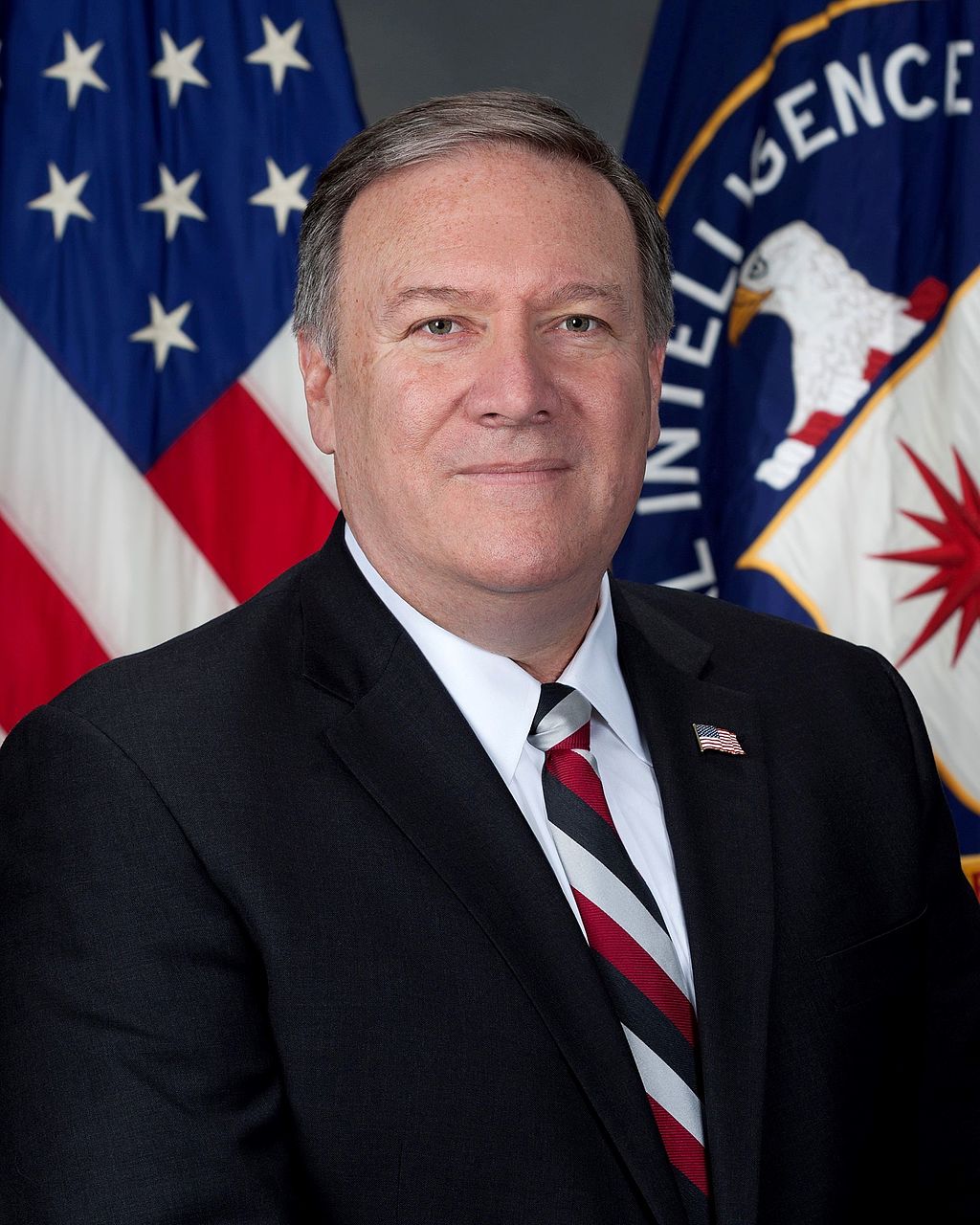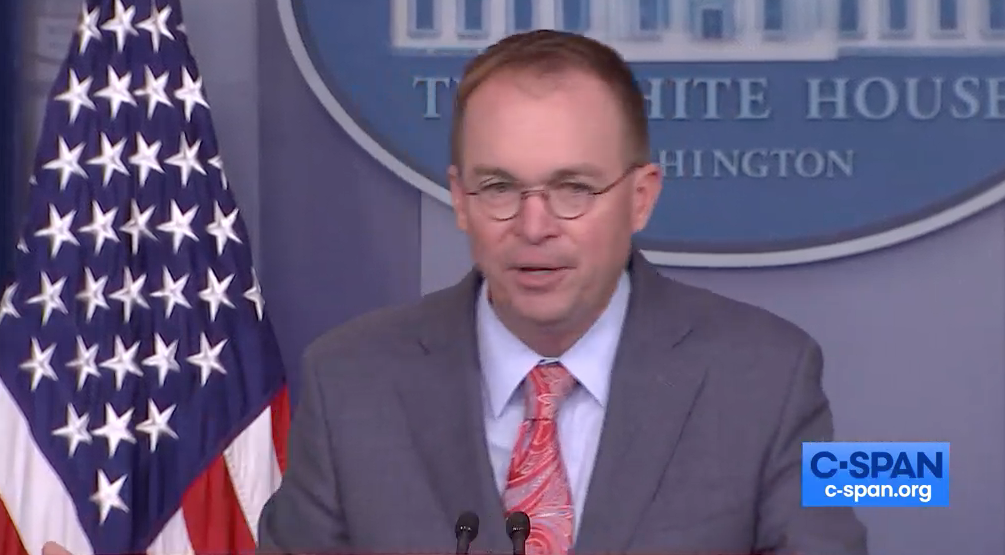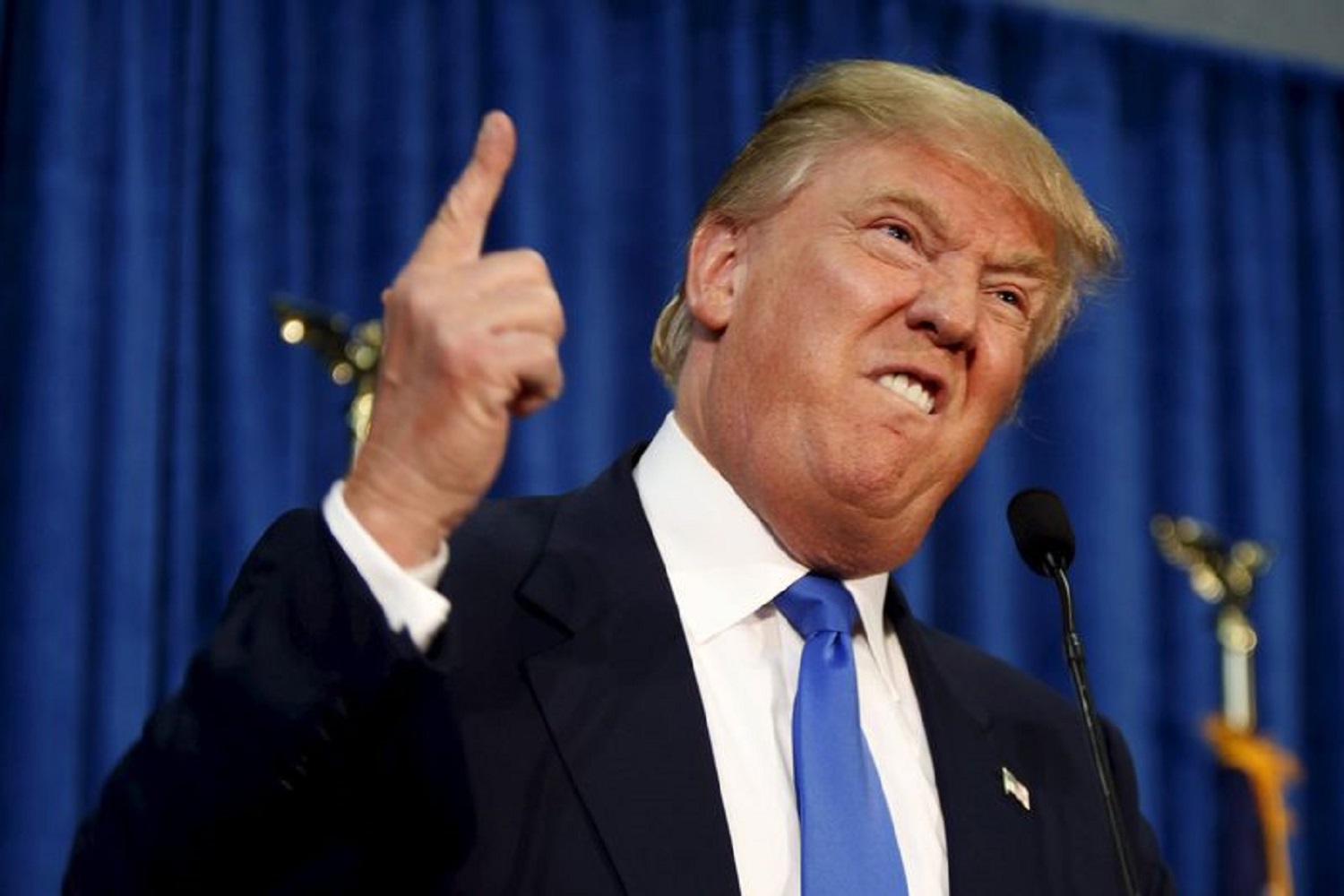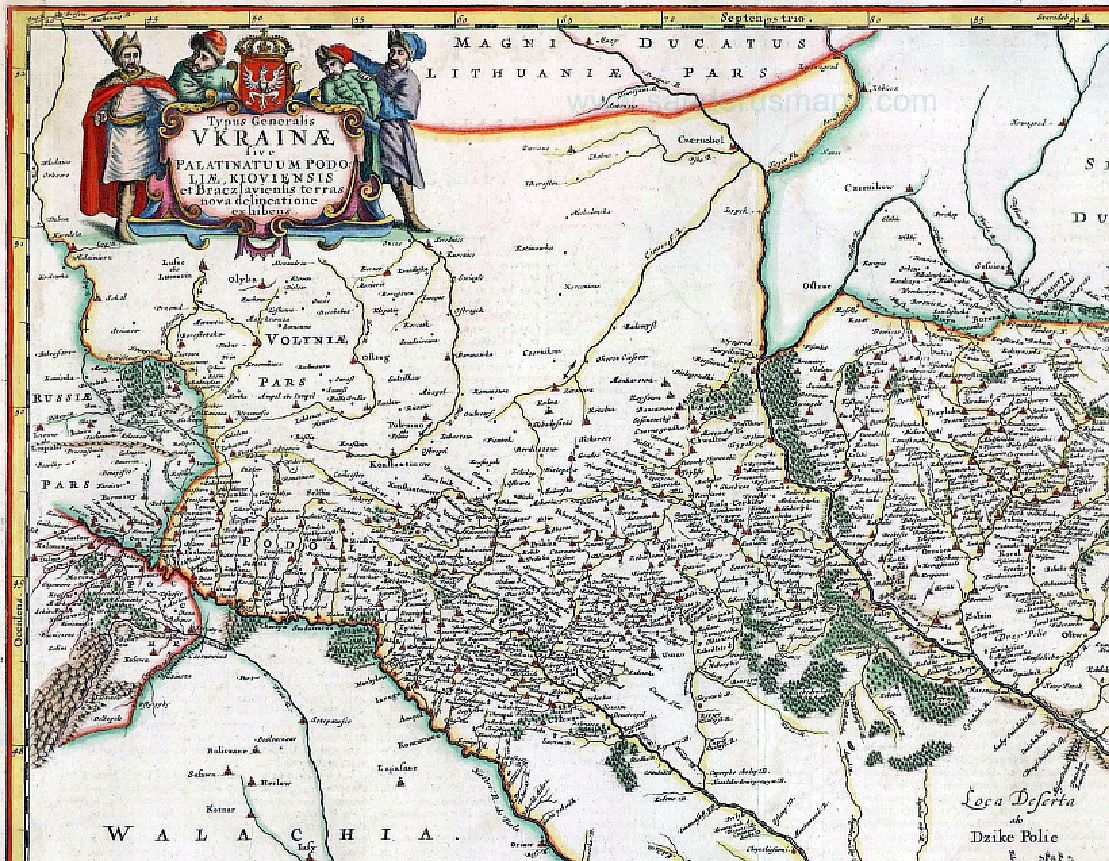Timeline: How Rudy Made It Hard for Mike Pompeo to Show Any Leadership
American Oversight FOIAed the documents showing Rudy Giuliani’s campaign to smear Marie Yovanovitch and the Bidens at State. For some of these, this represents another instance where NGOs have successfully obtained documents refused to Congress, but many of these were turned over to Congress by State’s Inspector General Steve Linnick in early October.
I did a thread on the documents here, but wanted to lay out the timeline of what the documents include. What it shows is that Rudy Giuliani and Mike Pompeo spoke twice around the time Rudy delivered a packet of disinformation to the Secretary of State. When Rudy’s campaign started showing publicly, with response from other Ambassadors and Congress, Department of State blew off their concerns.
March 26-29: Rudy shares a packet of information with Mike Pompeo wrapped up with Trump and White House labels
The bulk of these records document Mike Pompeo talking with Rudy Giuliani twice — on March 26 and 29 — and appear to include the materials they talked about, the packet of disinformation Rudy sent to State. The March 26 call does not appear in some of the month-long metrics sheets (see PDF 43), which makes me wonder whether Rudy called out of the blue.
March 26, 9:49AM: S (Pompeo) speaking with Rudy
March 26, 9:53AM: S finished speaking with Rudy
Pages 59-100 appears to be the disinformation packet Rudy sent, as follows:
- Cover sheet addressing the packet, ostensibly from the White House (59)
- Trump Hotels cover sheets (60 and 73; 77 and 88)
- Initial copy of Viktor Shokin notes (61-62)
- One copy of Yuriy Lutsenko notes, with underlines on section Lutsenko interview (63-66)
- Annotated copy of Shokin notes (67-68)
- Annotated copy of Lutsenko notes, incorporating original underlines (69-72)
- A list of names (including Sergii Luschenko) (74)
- A March 2016 letter from George Kent on US Embassy in Ukraine letterhead responding to a query about how US assistance was spent, with a post-it titled “Solomon articles” (75-76)
- Two timelines (in another Trump folder) with no headers or title, ostensibly laying out Obama Administration corruption; the second has a post-it querying about its source (78-87)
- Four John Solomon articles: one dated March 20 claiming Lutsenko had opened an investigation into how the Black Ledger was released, claiming it was a plot to help Hillary; another dated March 20 reporting Lutsenko claiming Yovanovitch had given him a do not prosecute list; a third dated March 20 reporting Lutsenko’s claim he had opened an investigation into the Black Ledger release; the draft of the March 26 column sent to Lev Parnas, Joe DiGenova, Victoria Toensing, and claiming the US embassy had shut down an investigation into a Soros backed anti-corruption group; the March 26 draft was sent from an unidentified ProtonMail account to someone unidentified (89-100)
That packet seems to show that Solomon wrote his four articles smearing Yovanovitch and Democrats based in part on the notes Rudy took in meetings with Shokin and Lutsenko. The draft status of the last Solomon article suggests that they were shared sometime on March 26, before it was posted.
March 27, 11:28AM: Rudy’s assistant, Jo Ann Zafonte, emails Trump’s then personal assistant Madelein Westerhout, asking for a number for Pompeo
March 27, 11:52: Westerhout asks someone what number she can have.
March 27, 12:03: In response, State gives Westerhout the scheduler’s number.
March 28, 9:27AM: Rudy (apparently, himself) calls to confirm the call on March 29
March 28, 9:34AM: State Ops Center emails someone whose name is redacted to ask if there will be monitors on Rudy’s call to Pompeo
March 28, 9:37AM: The person with redacted name informs David Hale about the call
March 29, 8:14AM: State puts Pompeo through to Rudy on his unsecure cell phone
March 29, 8:18AM: The call ends
April 1, 1:30: Pompeo speaks to Nunes (in one case described as HPSCI “Chairman”) on a secure line
April 8-15: Bill Taylor and other Ambassadors write David Hale about the smear of Yovanovitch
Pages 2-22 show Bill Taylor and other Ambassadors sending a letter decrying the attack on Yovanovitch (it was organized by John Herbst) to David Hale. The letter explained that the attack would not only weaken “the structure of our diplomatic engagement,” but “weaken the alliance” with Ukraine, “making it harder to take effective action against corruption.”
Hale forwarded it to Counselor Thomas Brechbuhl and Philip Reeker, as an FYI. Later that day, Reeker sends Brechbuhl an email memorializing a meeting about the topic which is entirely redacted under a deliberation exemption. The next day, Herbst sent a copy to Brechbuhl and someone else, the latter of whom responded to the FOIA. Herbst explained, “As we offered David, we would be happy to provide further information…” Brechbuhl responded mid-day the next day saying, “Thank you for your concern and offer. It’s much appreciated” — a polite brush-off.
On April 15, Hale sends it to someone whose name is redacted saying, “Not sure what to do with this.”
April 12-Jun 11: State ignores the concerns of Steny Hoyer and Eliot Engel
Pages 27-31 and 34-37 involve an April 12 letter Steny Hoyer and Eliot Engel sent to Pompeo urging him to defend his diplomats, using Yovanovitch as the urgent example. Internally, State (including Charles Faulker, who has been ousted for corruption) note that the Congressmen will not make the letter public. But Mary Elizabeth Taylor, the Legislative Affairs Assistant Secretary, does ask that it be tasked and turned around quickly.
Nevertheless, Taylor does not respond until June 11, in a letter in which she deflects with the Congressmen, claiming that Yovanovitch was due to finish her assignment this summer, and the end of her service coincided with the presidential transition in Ukraine.
Other
This doesn’t fit into the timeline at all, but pages 23-25; 32-33 include details Trident Acquisitions Chairman Edward Verona sent to Mike McKinley (these are included because he makes a reference to Yovanovitch) about a November 2018 visit to Ukraine.







